Richard Garfield’s New Card Game Causes Strange Controversy in Videogames
December 3, 2018 by ludicryan
If you're not entirely satisfied with just one brand new Richard Garfield card game in the shape of Keyforge, then Valve have you covered with Artifact.
Artifact - which released last week - is a cross between the incredibly popular MOBA game DOTA 2 and collectable card games like Hearthstone, Gwent and Magic the Gathering. The cynic in me calls it a perpetual form of 'anything you can do I can do better' between Blizzard (the company that make Hearthstone) and Valve who have made Artifact. But there seems to be a surprising amount of depth to what Richard Garfield has done in adapting the standard card game format to a MOBA structure.
Players still use one deck, but their attention is split across three lanes, Each lane contains a tower at the end with 40 health. If one of those towers is destroyed it is replaced by an artifact with 80 health. If a player destroys two towers or an artifact then they have won the game. Each lane then operates as its own battlefield for players to divert their attention back and forth across: will you put more resources and monsters into the leftmost lane to destroy that tower or is it a feint for what you're doing in the centre? It provides more depth in this quickly proliferating genre of digital card games.
One of the most interesting and controversial aspects of the game, however, lies with its pricing leading to the game being 'review bombed' on Valve's own storefront. Review bombing is a phenomenon when groups of disgruntled players target a game to receive dozens of negative reviews - dropping its average rating. Certain players are frustrated that they must pay $20 for the base game and then an additional $2 for booster packs: something the tabletop communities of Magic, Android: Netrunner, and even Keyforge are well used to by now.
The issue that these players have seems to be in confusing this standard practice in tabletop card games with microtransactions in videogames - a much-discussed topic over the last 5 years. Player reviews often cite pay-to-win but part of the issue might reside in the perception that if Hearthstone can offer its base game for free then Artifact should be the same.
Though the comparison of these digital formats wouldn't be entirely unfair, Artifact has an extra side to its economic model which is underappreciated. Valve's storefront - Steam - has an open marketplace for players to buy and sell their Artifact cards with some of those cards already reaching the $30 mark. This marketplace feature makes the game more akin to Magic the Gathering than Hearthstone where you might be expected to drop $200 on an expansion to get all the cards you want. This marketplace makes Artifact a lot more open to players if they have more choice in their collection.
With the added depth to standard card game play and the online marketplace Artifact stands out from an increasingly crowded market in the digital space.
What do you folks think of this backlash to Artifact? Is it justified or is this anger unnecessary?
"With the added depth to standard card game play and the online marketplace Artifact stands out from an increasingly crowded market in the digital space."
Supported by (Turn Off)
Supported by (Turn Off)
Supported by (Turn Off)





























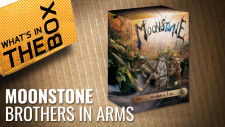




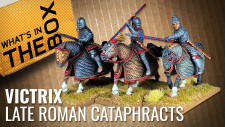

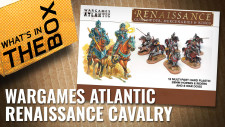




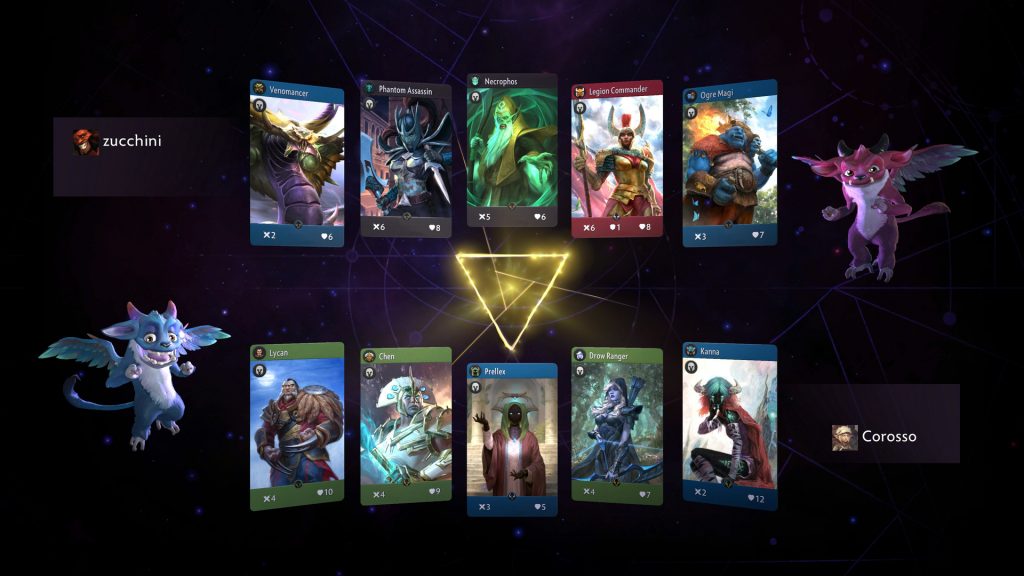
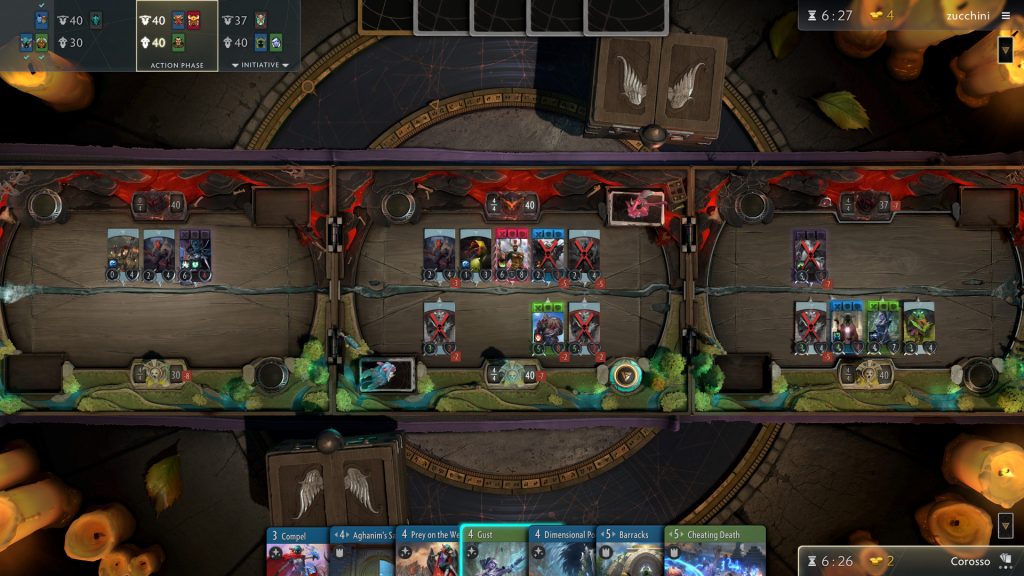
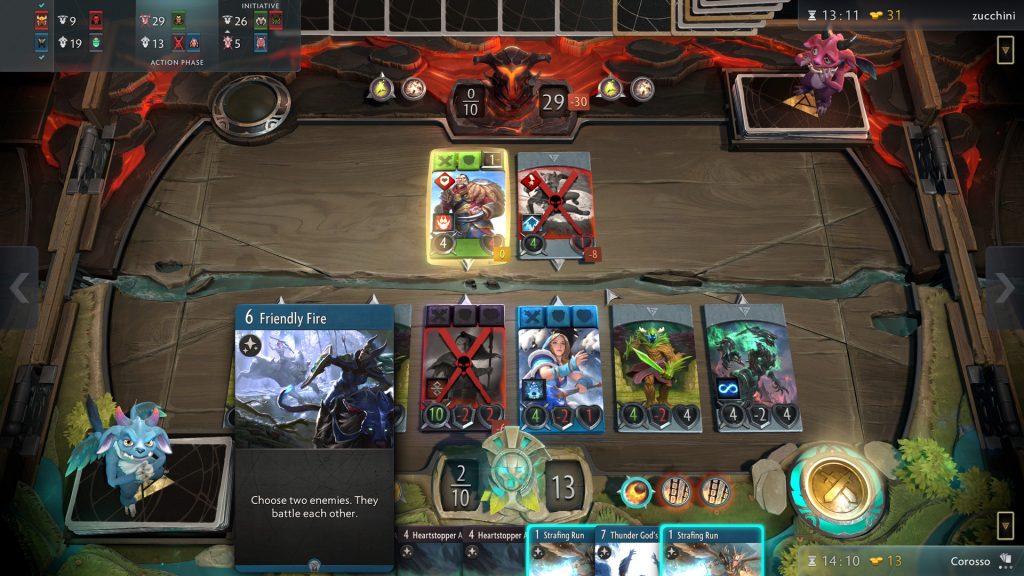
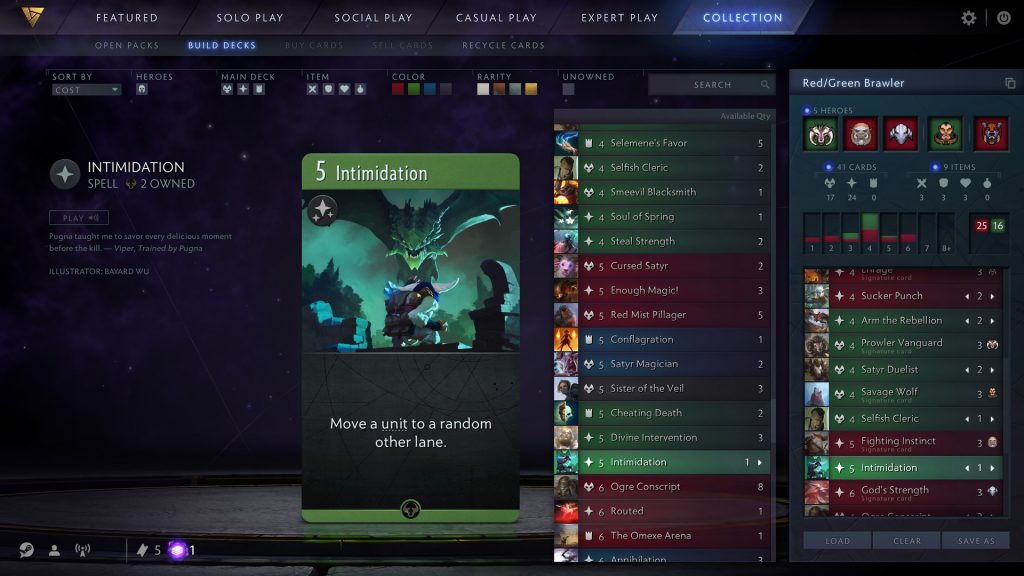













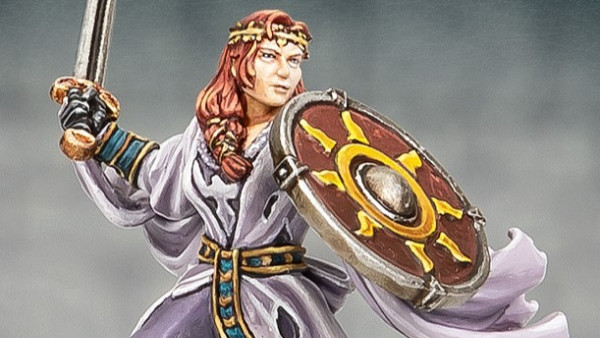

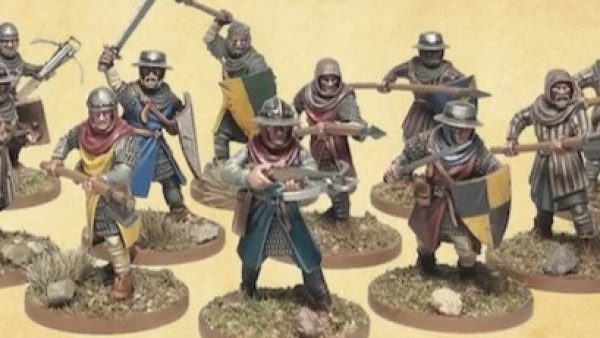


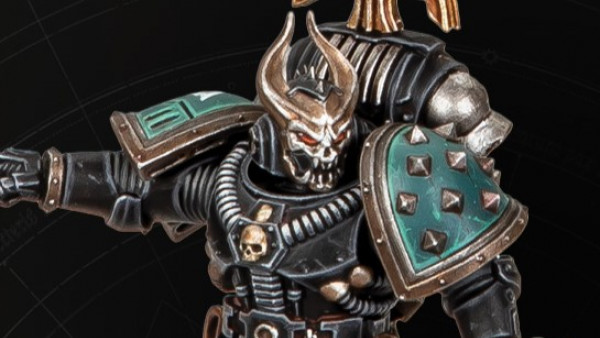



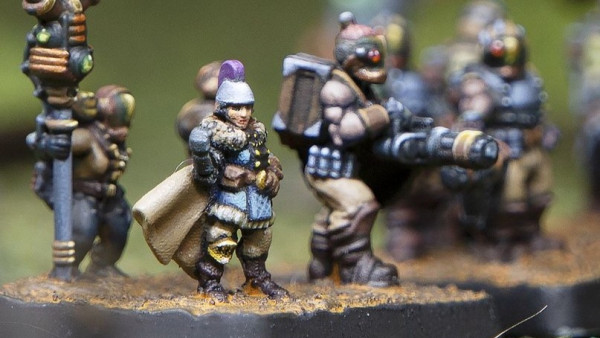

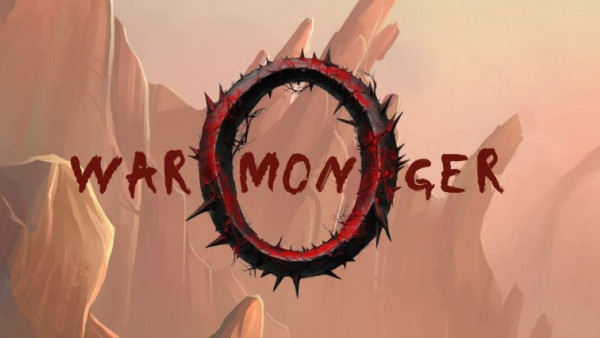
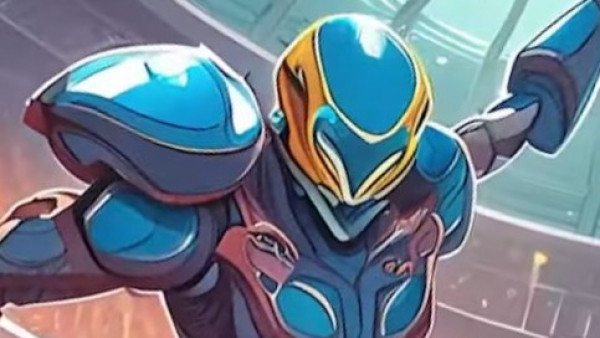
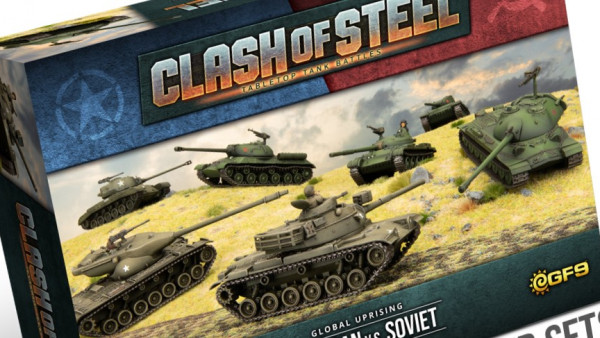
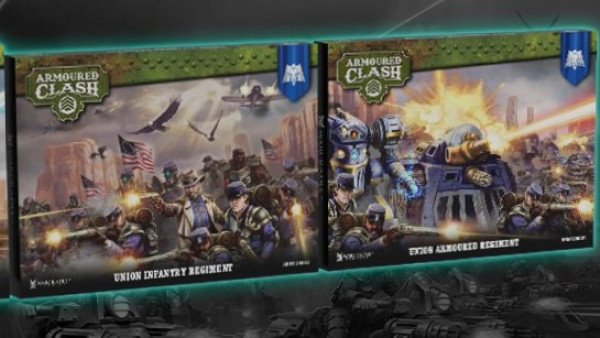


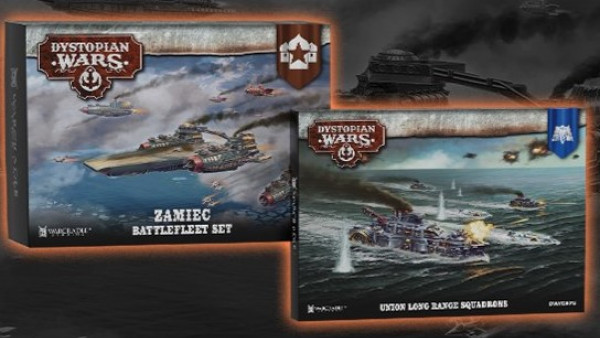
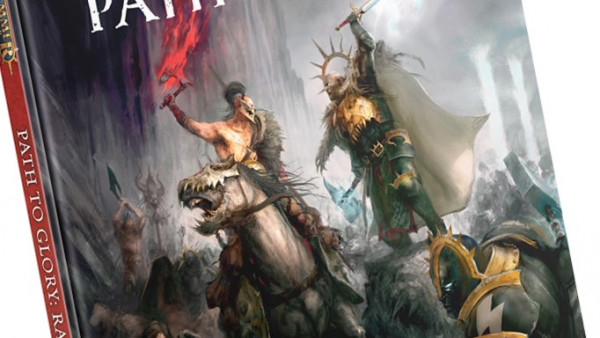


So a scummy game with scummy pay2win and additional scummy trading from which Steam profits? Yeah, no. This scummy garbage is why I stopped playing Magic a long time ago. How could you even try and shill for that?
Whoah there buddy. Not shilling anything. Just observing the parallels between this game and almost every single one of its tabletop counterparts. An interesting case to bring forward onto a tabletop gaming website especially given the creative lineage of the designer.
It stands out for its combination of MOBA structure and traditional collectible card game mechanics and, for digital audiences, the option to manage and sell off their collection.
Not even remotely comparable. As scummy as WotC’s practices are, at least I hold something in my hands if I buy a booster. You know, cards. Nothing like that in a video game that can be shut down any moment leaving you with nothing to show for. Add to that the half-legal scam that is trading in-game items on Steam.
You are not taking a realistic view on the product at hand. Virtual products take a lot of time and money to produce. Even as much as many physical products do, and in some cases even more. The assumption that just because its a virtual product, that the producing company doesn’t have a right to profit off that companies investment of time and financial resources is absurd. As for being shut down. All online multiplayer games suffer the same limitations, as in they can be shut down at anytime leaving you with out access to said game. So I fail… Read more »
Its a legitimate business model.
Just because you don’t personally like the business model, doesn’t make the game or the company scummy.
No matter what you think it’s scummy practice like several Youtubers like Jim Sterling and Rich from ReviewtechUSA have already said many times and they are correct. Only reason why those big triple A video game companies prefer multiplayer focused games over single player focused ones is because that way they can put those microtransactions and loot boxes into those for extra profit.
No one is forcing you to play any game you do not want to play. You as a consumer do not have to play a specific game to live. You have the choice, as an adult, on what you spend your money on. As long as a company is upfront on how it choices to run its business model, then there is nothing scummy about it. Whether its a good business model or not is most defently up to debate. But it is not scummy. Nor is a company scummy for choosing to go that route, as long as they… Read more »
We already have Heartstone and some others like it so we didn’t really need another one that is basically more same.
This makes no sense as a view point.
I don’t personally like any form of blind buy system, although I do respect their right to exist, excepting potential links to gambling addiction (as is being claimed about loot boxes). Provided that the company has been honest and upfront about how the game works with regards to microtransactions ans such, then review bombing is entirely unjustified. I don’t think review bombing is an invalid form of protest but in this case I do think that the protest could potentially be unjustified. If players bought it and only later found out about the additional purchases required that’s slightly different.
Yeah that’s entirely fair. People should be well informed about what they’re getting into.
Interesting article buddy, it’s interesting to see how the models for game and revenue generation are being mirrored in a different form of entertainment.?
It is a shame that full price triple A video games are now embracing micro transactions to the extreme. I don’t mind a free game with a micro transaction finance model, but to charge full price and then expect more and more money just seems like a scam. I have a PS4 gathering dust because there are few games that hold my interest…but board games fill the void 🙂
Any video game with a strong online/multiplayer component has to seriously consider a secondary source of income beyond initial sales. That’s just how it works, now days. Also there is the false assumption that companies take content out of a finished game, and then place that content behind a micro transaction wall. As in, if micro transactions didn’t exist, then everything those purchases would buy would just naturally be in the game anyway. Which, usually, just isn’t the way it works. A Majority of the content being sold as a micro transaction was produced specifically for that very purpose, and… Read more »
That way of thinking has ruined triple A game industry. They don’t need to add additional income to games that already cost money to get. Maybe in F2P games that is still understandable but not in games that you have to pay for. So they design games to support that by making games grind to force gamers to put more money into those than they already have so that they can keep profits going up so that investors are happy and even they have realized that this bubble will eventually burst. I still remember time when you bought video game… Read more »
You are most defently, wrong. First, your assumption is that the content locked behind the secondary pay wall is content that would have been produced with the core game development. This is not always true. Many/most times its not. A majority of the time the pay content literally only exists at all due to the incentive of being able to profit off it through a secondary method to base game purchase. Games cost money to develop. A lot of it. Multiplayer games can cost just as much money to produce, or more, then a solo game. When you purchase the… Read more »
As a big fan of Dota I was very excited for this game over the years of development. However the launch was such a longwinded, uninteresting conversation of cards without any visuals or gameplay that I unfortunately lost complete interest.
I think it’s a good thing for me as I don’t want to get sucked back in to Dota once more, however I really like the three lane gameplay.
It’s so funny that people get angry about how much they want to play something yet don’t want to pay for it. How dare these companies try to make a profit! It’s a good thing people don’t feel this way about going to the cinema – you mean to tell me I have to pay to see the movie and I don’t even get anything physical for my money?!
I think they are onto something, and it should be brought into tabletop miniatures game. Blacked out blisters, you buy a model, have no idea what it is. Forces players to be social and initiate trades etc, also some models will obviously be more powerful, and can sell/trade for more lesser models. Oh and don’t forget you can buy 30 models to increase the odds of a good one, and ebay it all, mubahhaha
Ahhhh that’s interesting. Is there already a kind of universal marketplace for buying and selling tabletop miniatures online?
You mean the D&D miniatures scam where you buy and buy and buy in the hope of getting some badly painted mini’s.
A scam would imply that the people who purchased that product, where mislead or lied to in some way. They where not. So not a scam.
@ludicryan Why was there backlash ? Because of how refunds work for this game. Normal games allow you to claim a refund if you don’t exceed several hours of play time (something that still is ridiculously low when compared to refund policies for physical products … ). This game disables refunds the moment you claim the starter pack … and they’re using dark patterns to push you into opening them before you have had a chance to understand the game. As such a lot of people feel like they aren’t getting a chance for a decent look at the game.… Read more »
I was under the impression that the backlash was regarding the idea of ‘microtransactions’ which are quite the dirty word in videogames. But I did not know that the Valve disables refunds on the starter pack. That is insidious. I’m not exactly a fan of Valve’s recent business decisions but that is quite the double standard to allow refunds on everything but your own products. I wonder if it’s a case of when opening the card packs, those cards are instantly added to the database and thus the virtual economy? And that is a very interesting point on the idea… Read more »
I think that this false start and the need to pay for almost everything ticked people of. It isn’t exactly fun to discover that you need to pay more after the startup fee just to play the game. That is dishonest at best.
The game is by Garfield so parallels with magic aren’t odd
Honestly, I Fail to see how any of this is problem. I knew all of this before the game came out, and I was only casually interested in the game. A simple google search was all that was required, took all of the ten minutes of my time. Seriously, people need to start taking responsibility for their own inactions in regards of simply educating themselves. The lack of a refund is to prevent players from abusing the system. If you could open your ten packs, see cards not to your lacking. Then demand a refund. This would break any games… Read more »
limited availability of a digital product in a digital game is absurd. It is a problem because it goes against what the average product is like. And this from a company that has been releasing free-to-play games since they chose to focus on distribution platform instead of actual content. The very concept of ‘rarity’ as a means of ‘balance’ in a game barely make sense for a physical product. It is practically insane in a digital product, because there is no legal method of enforcing such rarity nor is it possible for consumers to judge the actual rarity of the… Read more »
Yeah…so, major difference from from the other card games is that, you know, you get actual cards for these continual on going charges. Physical cards with which you can continue playing the game until you die. The virtual cards are at the whim of the developer and should they just get tired of hosting the server or keeping the game up you lose all your virtual cards. But hey, to each their own. Some don’t care their cards, decks, etc. can be gone in the blink of a thousand different computer related glitches. Barring a fire, tornado or very, very… Read more »
This is literally how MMO games have always worked… since the dawn of time.
Instead of a monthly cost, you pay for as many boosters a month as you wish. What is the difference. All MMOs must have a secondary money source to continue to work.
I mentioned the difference from my view in the post above. This isn’t an MMORPG, this in an online TCG.